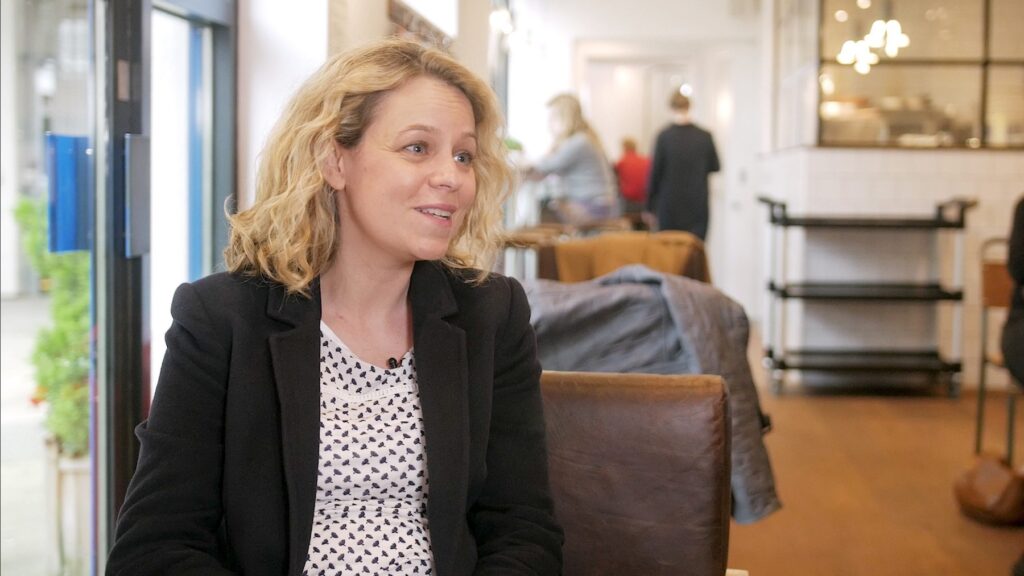
In this article, we discuss a specialist coaching approach to overcoming a particularly pertinent issue for teachers, that of supporting children with speech, language and communication needs (SLCN). The national curriculum assumes that children start school with necessary speech, language and communication skills, ready to learn and develop quickly using reading and writing as the […]

Amanda Spielman (Spielman, 2017) has said ‘at the very heart of education sits the vast accumulated wealth of human knowledge and what we choose to impart to the next generation: the curriculum.’ As a physics teacher, the new, more rigorous exam specification has come as a bit of a shock. Not because of its content — it […]

Deepening knowledge through vocabulary learning Effective vocabulary instruction: The underlying reasoning and research By Isabel L Beck and Margaret G McKeown With the publisher’s permission, sections of this article have been taken from Beck and McKeown (Beck et al., 2007). Vocabulary, particularly vocabulary teaching and learning, has been a topic that we have studied for […]

Professor Becky Allen talks about everything from teacher training to school admissions and data.

Sometimes it’s worth repeating the obvious, just in case anyone missed it. Everyone should watch The Wire, Scottish hopes of footballing success are rarely fulfilled, and Tim Shanahan’s website is one of the best sources of information about literacy on the internet. Shanahan is Professor Emeritus at the University of Illinois at Chicago, and has […]

For two years I had responsibility for developing the quality of teaching and learning at the primary school in West Sussex I worked at. One of our greatest successes came from developing a coaching programme which was tailored to individual teachers, highly personalised and prioritised across the whole school. Why teachers need coaches My philosophy […]

I first developed an interest in metacognition when I studied neurology as part of my degree. Since then, I’ve incorporated it into my teaching practice as I think it helps pupils make progress. Metacognition is described by Tarrant and Holt (2016) as thinking about how we learn and how we think. In the classroom, metacognition […]

In our state-funded school, Southend High School for Boys, the primary purpose of leadership is to create an environment where others thrive (Sergiovanni, 1992). Our school is located on the outskirts of London and serves an economically and socially diverse community. We have 1,200 students, aged between 11 and 18, and have secured a national […]

The greatest compliment that was ever paid me was when one asked me what I thought, and attended to my answer. Thoreau, 1863, p.1 The work of Henry Thoreau encourages us to reflect on the ways in which we conduct ourselves, and to consider our interactions and the concerns we have for our fellow beings. […]

There is remarkably little high-quality, relevant research evidence to suggest that detailed or extensive marking has any significant impact on pupils’ learning. Sean Harford, 2016 Since Hattie’s (2009) review of effect sizes on student outcomes, with feedback (0.73) in the top 10, marking has begun to receive greater attention from teachers and policymakers. However, written […]

Many teachers do not question the fact that they have a shared responsibility with parents for educating children, despite anecdotal evidence that this division of power can be problematic for both parties. Academic research has done little to help bridge the gap between parents and teachers; until relatively recently, it explored the motivation for parents […]

Teachers can usually find out about approaches that may be working well for their colleagues, but finding out about the wider evidence is challenging. The problem is that knowing something works isn’t enough – teachers need to be able understand the rationale underpinning a strategy through continuous professional development and learning (CPDL), and use that […]

Teachers spend a lot of time thinking about difference. We break down data into sub-groups, plan lessons to support and extend, and consider what extra we might do for students falling behind. But should we spend more time thinking about what students have in common? Might a rush to differentiate mean we spend less time […]

With the aim of fostering student motivation, systems of rewards and sanctions are prevalent in schools. These are often based on behaviourist principles for changing patterns of behaviour (Brophy, 1981). Payne (2015) proposes that a behaviourist approach can be appealing for educators as it suggests that by rewarding desirable patterns of behaviour, undesirable ones will […]

The concept of ‘good teaching’ has been in the vernacular of teachers since the inception of Ofsted in the Education (Schools) Act (1992). Under the current inspection framework, unless schools and teachers are at least ‘good’ they must undergo Section 8 inspections (Ofsted, 2015), guidance for which comes through publications such as ‘Getting to Good: […]

There is little doubt that biological evolution, or ‘evolution’ for brevity, has fascinated humans since the development of our ideas about science. Testament to this is the large number of studies that investigate the gulf between the scientific understanding and the general public’s views about evolution (e.g. see Glaze & Goldston, 2015). In 1973, Dobzhansky […]

In the Spring term (2017) my class team and I trialled the use of the Engagement Profile and Scale (Carpenter et al, 2017) in our Key Stage 2 class. Initially, we used it with three pupils. The Engagement Scale splits engagement into seven indications – persistence, initiation, curiosity, investigation, anticipation, responsiveness and discovery. These indicators […]

Teaching has always been demanding – but it seems to be getting worse. Workload is one of the major causes of driving some 10% of teachers in the UK to leave the profession each year. In the last two years, 90% of teachers have thought about leaving, according to a survey of over 16,000 members […]

Little is known about the educational experiences of pupils with special educational needs and disabilities (SEND) over time, and how inclusive these experiences are relative to those without SEND. This matters, because the more we know we about how pupils’ experience the classroom, the better equipped we will be to ensure the contexts and conditions […]

Education policy bingo enthusiasts are rarely disappointed to see a reference to how good East Asian systems are at maths on their cards. The impressive PISA and TIMSS performances of students in Singapore, South Korea, Hong Kong and Shanghai are never far from the news. In England, East Asian approaches have informed a number of […]



















